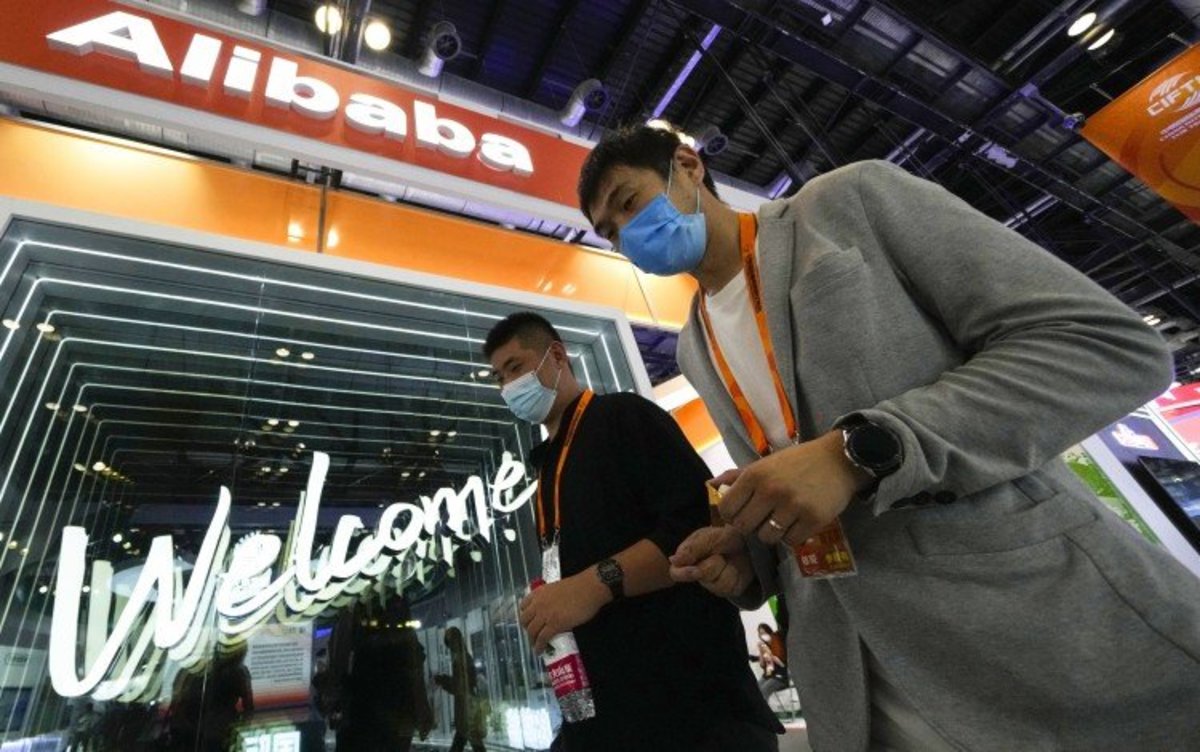Ever since a disappointing earnings report, shares of the Chinese e-commerce giant Alibaba ( (BABA) – Get Alibaba Group Holding Ltd. Report) have been on a downward spiral — falling by 23% in November and losing up to one-fifth of their value in the last week alone.
Some of that drop can be blamed on general uncertainty about how the Chinese government plans to regulate stocks traded on U.S. exchanges. That’s why, for example, Seeking Alpha’s Value Pendulum for Alpha gave the company a hold or neutral investment rating due to its declining growth prospects and increased pressure from Chinese regulators — after a recent government clampdown on companies that list overseas.
That has led to volatility and Didi, the Chinese version of Uber ( (UBER) – Get Uber Technologies, Inc. Report) has delisted its stock from the NYSE.
China’s Rules Are Unclear
In the past, Chinese companies have used variable interest entities to go public abroad but recent developments show that the government is clamping down on such a loophole.
“What happens to those that already exist is not clear, but the Didi fiasco demonstrates the Chinese Communist Party is highly likely to force any company it considers significant to delist in New York and sell shares in Hong Kong instead,” Alex Frew McMillan wrote for TheStreet’s Real Money today.
Earnings Have Hurt Alibaba Stock
Alibaba’s flailing earnings are another major reason for the drop in value; some analysts suggested that the company has reached the end of its growth potential.
“When calculated according to generally accepted accounting principles (GAAP), diluted net income per American depositary share slumped 81% to just $0.31. Non-GAAP (adjusted) or pro forma profit — the number that Alibaba and the analysts both emphasized — declined 38% to the aforementioned $1.74 per share,” wrote Motley Fool contributor Rich Smith in a Nov. 18 piece.
“With the dovetailing of regulatory issues and an apparently weakening consumer in China, [Alibaba] stock has been among the hardest hit,” TheStreet’s Kevin Curran said in Real Money earlier this week. “Accounting for a spending slump in China noted by the company in its Nov. 18 earnings call that sent shares spiraling, the stock has slid about 37% year to date.”
While revenue rose 29% to 200.7 billion Chinese yuan ($31.4 billion), it was still below analysts’ forecasts of a 205 billion yuan.
“We estimate that slightly less than half of the incremental change of RMB50-70 billion comes from lower customer management revenue (CMR) and some from China Retail Others, given lackluster consumption and competition,” Morgan Stanley analyst Morgan Yu, who maintained his buy rating but de-risked the price model, told TheStreet in November.
At last check, (BABA) – Get Alibaba Group Holding Ltd. Report shares were down 2.61% to 119.40 Hong Kong dollars ($15.32 USD).
